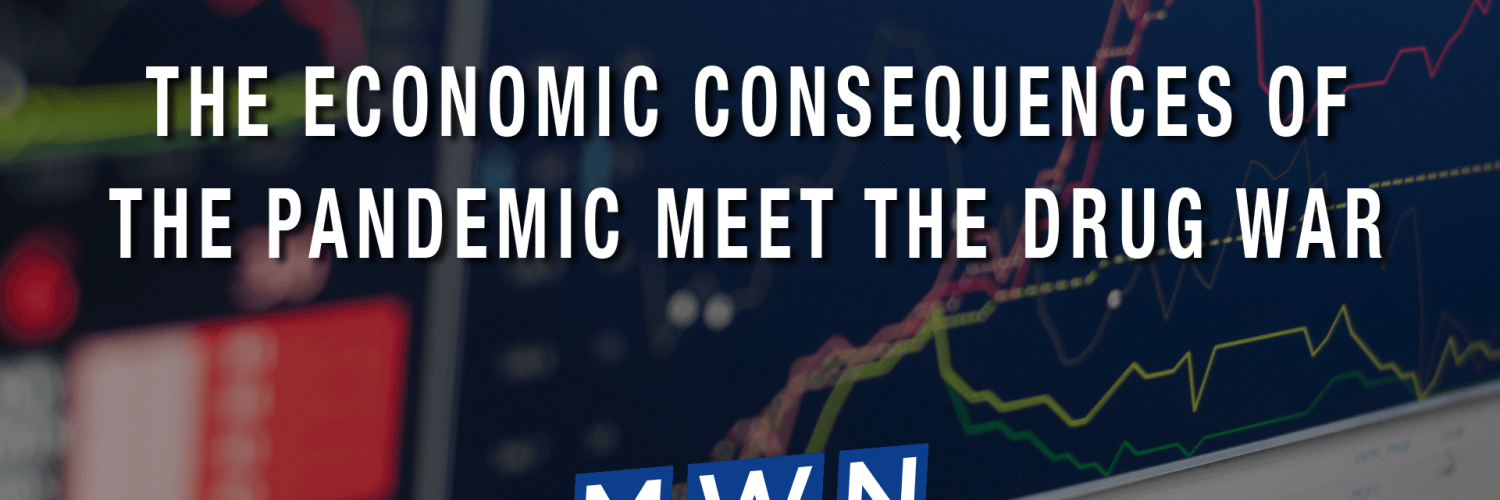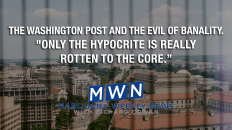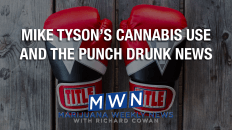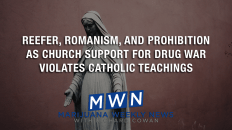If you think we live in a time different from all others, consider this description of the President of the United States, written in the middle of a pandemic:
“[I]f ever the action of a single individual matters, the collapse of The President has been one of the decisive moral events of history. … He had no plan, no scheme, no constructive ideas whatever for clothing with the flesh of life the commandments which he had thundered from the White House. … [N]ot only was he ill-informed, but his mind was slow and unadaptable … There can seldom have been a statesman of the first rank more incompetent than the President in the agilities of the council chamber…”
That was John Maynard Keynes, writing about Woodrow Wilson, following the disastrous Paris Peace Conference in 1919, in his book, The Economic Consequences of the Peace.
The more things change, the more they stay the same.
It is important to note that Keynes wasn’t talking about Wilson’s handling of the Spanish Flu pandemic, which was also disastrous, but rather the peace treaty with Germany, and the economic and political consequences of the reparations imposed on Germany.
However, the war had been financed by huge deficits on all sides, while the “Gold Standard” was largely ignored. That might have been a problem even without the reparations.
SEE: Does CBD Give You a Body High?
Of course, a hundred years later, the United States has been running deficits for decades. We financed the Gulf War, the Great Recession of 2008 and the recovery during the Obama administration with deficits. The Trump administration’s huge tax cuts were also financed with trillion-dollar deficits, even before the pandemic. And now there might be trillions more as far as anyone can foresee.
Ironically, today Germany’s economy is one of the strongest in the world and the rest of Europe is now trying to get Germany to allow the European Central Bank to loan more to the weaker economies in the EU. Germany is reluctant to do so, because it is still traumatized by the hyperinflation that resulted from the 1919 treaty.
In any case, today’s huge international deficits exploded without any real theoretical underpinnings. Here we are, wherever that may be, so what do we call our brave new world?
But there are further ironies. The closest description of what almost all governments (central banks) are doing was coined by Milton Friedman, the darling of the right: “Helicopter Money”.
The hypothetical helicopter might simply drop newly printed money to the needy, without any government borrowing. In the real world, Central Banks simply issue credit to companies and/or individuals, who do not have to repay it. With real interest rates below zero, there is theoretically no carrying costs.
The closest theoretical description of this policy is called “Modern Monetary Theory.”
Unfortunately, any economic theory runs into political reality: Politicians like to spend money to buy votes, even when they talk about “balanced budgets.” Of course, the trillions of dollars and Euros, etc, that are propping up the global economy may briefly flow through the hands or bank cards of the poor and middle class, but most of it ends up in huge pools of capital that has to find a safe place to park.
SEE: LUXEMBOURG, ONE OF EUROPE’S SMALLEST AND RICHEST COUNTRIES, LEADS ON CANNABIS
In addition, there are trillions of dollars from kleptocracies around the world that just need to find a place to hide, and then there are the trillions in black money from the Drug Wars, and related crimes, including human trafficking, etc.
“The United Nations Office on Drugs and Crime’s World Drug Report 2005 estimates the size of the global illicit drug market at US$321.6 billion in 2003 alone.[1] With a world GDP of US$36 trillion in the same year, the illegal drug trade may be estimated as nearly 1% of total global trade.”
Today, the global GDP is estimated at $140 trillion, so if the illegal drug trade may be estimated as nearly 1% of total global trade, it might be around $1.4 trillion per year, But no one really knows, and that is another problem.
Whenever we are finally past the pandemic we might still not have even a theoretical framework for dealing with the economic consequences, and/or the trillions of whatever measures of value we may think are out there. What could possibly go wrong?
SEE: How Legalizing Cannabis Can Bring Back the Right Kind of Tourism
- Richard Cowan is a former NORML National Director and author of Marijuana and CBD news site Marijuana Weekly News.




